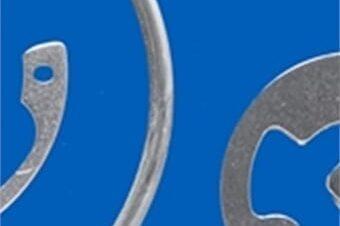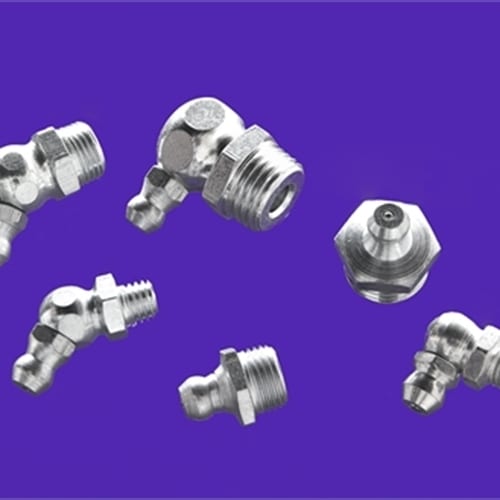

Lubrication systems in any manufacturing or processing plant must deliver the right amount of cool and clean oil or grease at the right time to lube points. The benefits are improved utilization and effectiveness, increased reliability and, most important, lower maintenance costs.
But achieving lubrication’s full potential is often overlooked. In traditional lube systems, less than half of the lubricant is in effective circulation. There has been no detailed research into oil reservoirs, but using large ones results in inefficient air and water separation. And bearing failure resulting from improper lubrication is a major cause of equipment downtime.
Performing regular lube audits keep a plant’s lube system working at optimum efficiency and delivering consistent and reliable results.
More than 95% of all bearings are manually lubricated and according to a study by bearing and component manufacturer SKF, more than 50% of bearing failures are the result of improper lubrication. Reducing bearing failures by just 10% saves a lot of money and using the right type of lubricant is key. Many plants have huge inventories of different lubricants to satisfy requirements of various pieces of equipment and specific applications. New machines added to a plant will have different automatic lubrication systems already installed.
The loss of in-stock products and supplies due to improper storage and handling is another problem. Also, lube technicians may know lubrication schedules, but there’s no single location where all critical information is documented. And frequently – because of a lack of training – there is no “ownership” of lube systems, equipment or processes.
Before conducting a lube audit, set these objectives:
• Consolidate purchases from different vendors.
• Reduce types/brands in stock and standardize lubricants and equipment.
• Aim at longer intervals between lubrication.
• Use a better-quality lubricant.
Identify training needs and define the scope of work required for an audit by doing the following:
• Review all lubricants and identify where, when and on which pieces of equipment they’re used.
• Examine current lubricant handling procedures and inventory control systems.
• Review production equipment with automatic lubrication systems and check related documentation.
• Identify key production equipment without automatic lubrication systems.
• Work with key lubricators and technicians to review processes, procedures and supporting documentation. Remember that 50% of the knowledge is in people’s heads.
• Review all training guidelines, processes and requirements and any related documentation.
• Work with key lubricators to determine service schedules and lubrication tasks.
• Identify potential health and safety concerns.
Create an action plan
A properly conducted lube audit yields a number of results. It identifies duplication, finds hidden costs and assists in developing a favorable return on investment by automating some of the key pieces of production equipment. It also helps to develop a customized action plan that prioritizes opportunities in a sequence. And it leads to learning about safety and environmental issues. But update equipment manuals with current lubrication methods.
The major benefits are a noticeable increase in productivity, service intervals, safety and sustainability, and a decrease in energy consumption, lubricant consumption, downtime, overall operating expenses and waste.
Changing to automated lubrication cycles also helps. Purge contaminants – they’re environmentally safe and allow lubrication by small measured amounts.
However, there are still challenges ahead, including: proper data collection and inventory reporting becoming an environmental and regulatory concern; technology advancing more in the next five years than it has in the last 20 years; harnessing new technologies to remain competitive; training becoming key to success; and the need to push boundaries in lube management and auditing.
That’s why more plants are conducting audits. The benefits are compelling and the savings substantial.
Steve Gahbauer is an engineer, a Toronto-based business writer and a regular contributing editor to PLANT. .
This article appears in the April 2015 issue of PLANT.
Have our catalogue sent to your door

